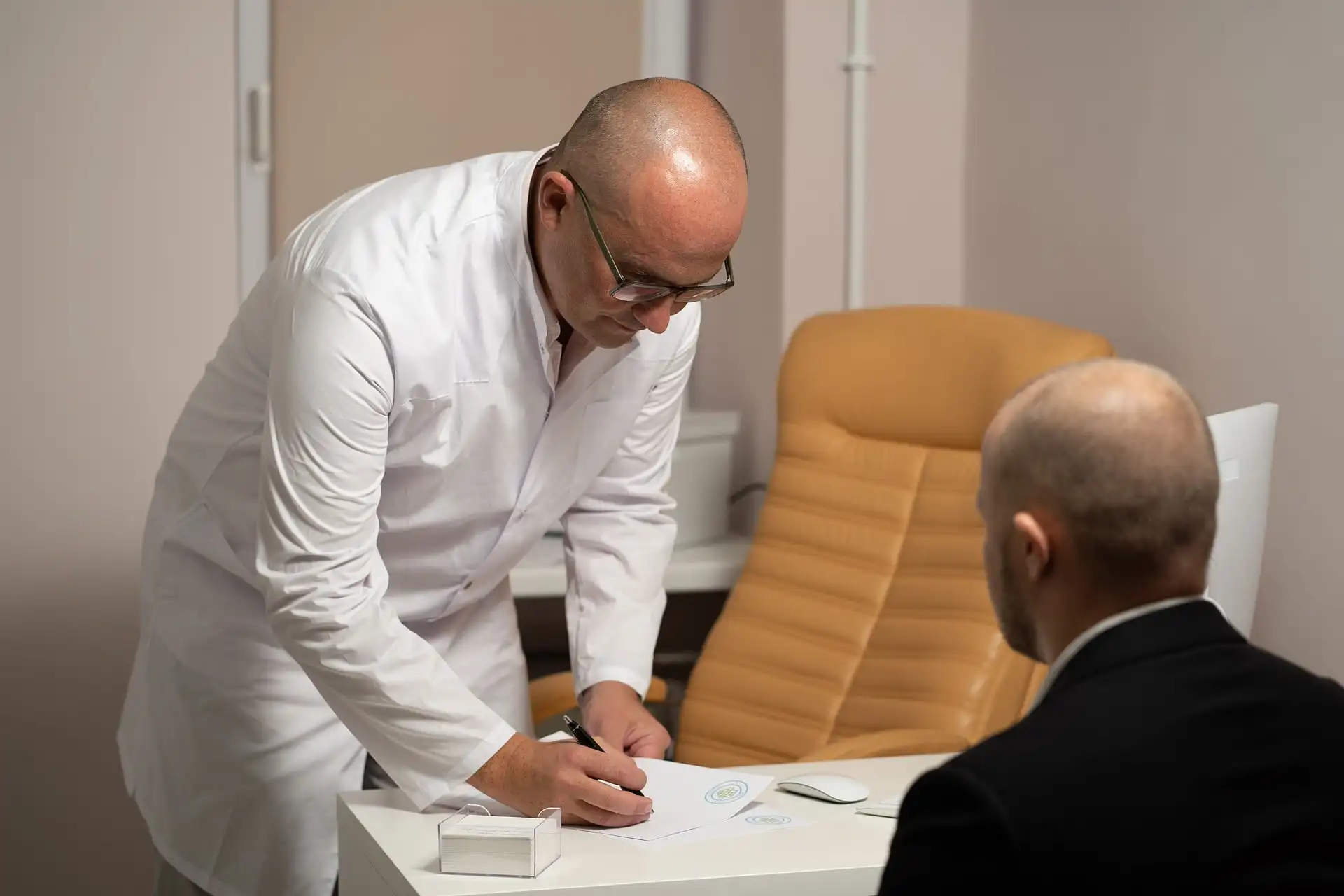Late Diagnosis of Medical Conditions: Legal Considerations in South Carolina

In the realm of personal injury law, the timely diagnosis of medical conditions is crucial for building a strong case. Unfortunately, there are instances where individuals receive a late diagnosis, leading to complications not only in their health but also in the legal aspects of their situation. South Carolina, like many states, has its own set of legal considerations when it comes to late diagnoses and their implications in personal injury cases.
Understanding the Importance of Timely Diagnosis
Timely diagnosis is often the linchpin in personal injury cases. It not only ensures prompt medical attention but also plays a pivotal role in establishing a clear connection between the injury and the responsible party. However, life doesn’t always unfold according to plan, and delays in diagnosis can significantly impact the course of legal proceedings.
South Carolina’s Legal Landscape
In South Carolina, the law recognizes the importance of timely medical attention. A delayed diagnosis can complicate matters, making it essential for individuals to understand their legal rights and the potential challenges they might face in pursuing a personal injury claim.
Statute of Limitations
One crucial aspect to consider is the statute of limitations. South Carolina, like other states, imposes a time limit within which a personal injury lawsuit must be filed. The clock typically starts ticking from the date of the injury or when it should have reasonably been discovered. Late diagnoses can blur this timeline, making it essential for individuals to seek legal advice promptly.
Causation Challenges
Late diagnoses can introduce causation challenges in personal injury cases. Establishing a direct link between the delayed diagnosis and the injury becomes paramount. Attorneys may need to navigate intricate medical evidence to build a compelling case, demonstrating how the delayed diagnosis directly contributed to the extent of the injury or its complications.
Expert Testimony
To strengthen their case, individuals may need to rely on expert testimony. Medical professionals who specialize in the relevant field can provide crucial insights into the impact of delayed diagnoses and help establish a causal connection. However, securing expert testimony comes with its own set of challenges and expenses.
Insurance Adjuster Negotiations
When dealing with insurance companies, individuals with late diagnoses may find themselves facing tougher negotiations. Insurance adjusters may dispute the extent of the injury or the causation, emphasizing the importance of seeking legal representation experienced in handling such complexities.
Conclusion
Late diagnoses of medical conditions present unique challenges in the realm of personal injury law in South Carolina. Understanding the legal considerations and potential hurdles is crucial for individuals navigating these situations. Timely consultation with an experienced personal injury attorney can make a significant difference in building a robust case and ensuring that justice is served, even in the face of delayed medical diagnoses.

